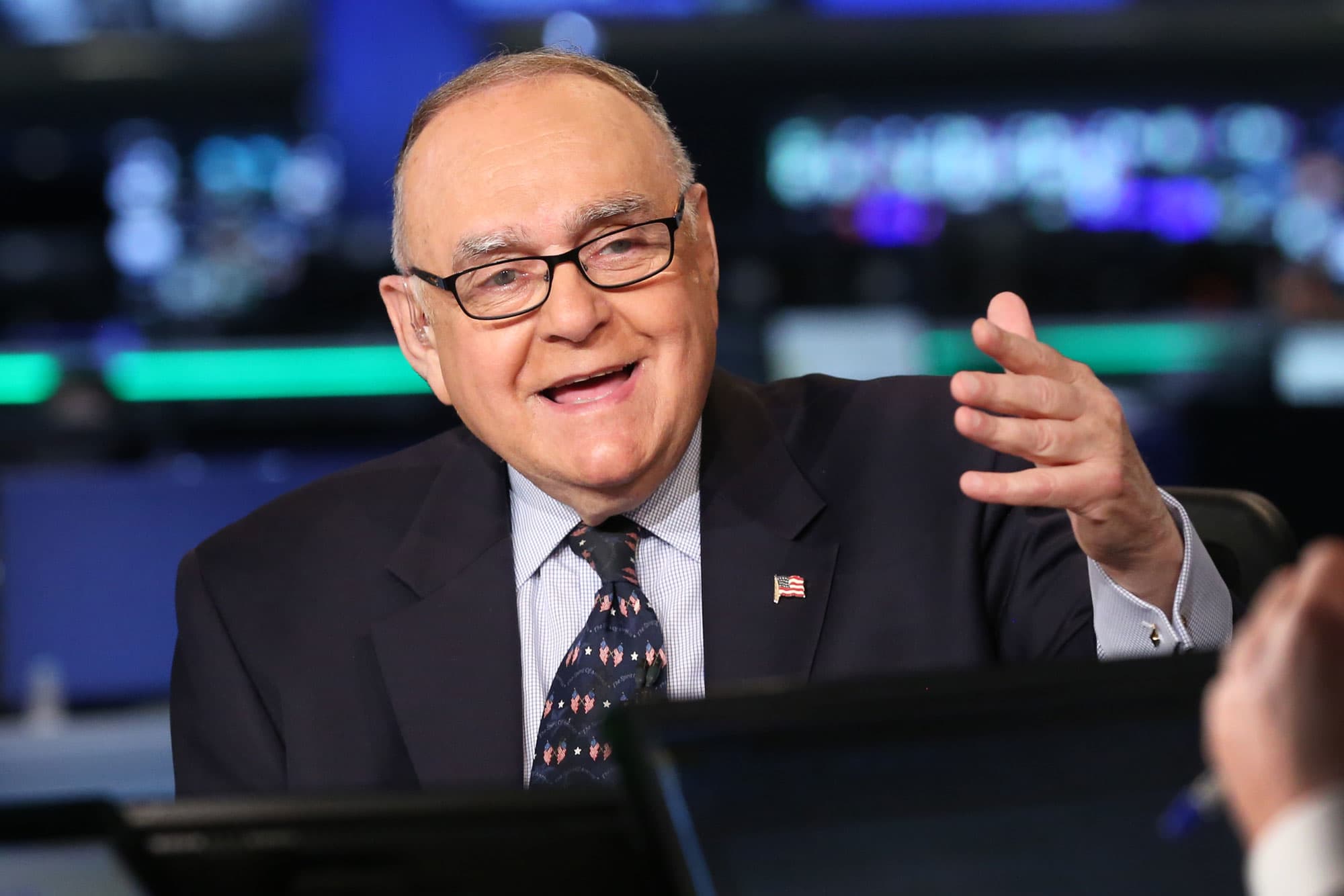Strikes, Open Slots Underscore Hotel Industry's Labor Challenges
The American Hotel & Lodging Association last week celebrated National Hotel Employee Day, but the day of recognition also underscored the nearly 100,000 U.S. hotel positions still open, even after hiring levels improved last year.

The American Hotel & Lodging Association last week celebrated National Hotel Employee Day, but the day of recognition also underscored the nearly 100,000 U.S. hotel positions still open, even after hiring levels improved last year.
AHLA established National Hotel Employee Day in 2022 to "honor the nearly two million employees who work in the hotel industry," the organization said in a statement.
Additionally, AHLA also highlighted the industry's efforts over the last two years to fill and retain hotel positions with "near-historic wages, better benefits and more flexibility than ever before."
Record-high wages and greater opportunities were described in March by AHLA CEO Chip Rogers as an opportunity for hotel employees to "build a career quickly," and called for the hotel industry to change its narrative to attract and retain hotel staff.
In June, Rogers and a number of hotel executives speaking at the NYU International Hospitality Investment Conference in New York further articulated the need to better support hotel employees—with concepts beyond pay and benefits—by helping current and prospective workers view hotel industry participation as a career path and not just a job.
"America's nearly 62,500 hotels are a bright spot for the nation's economy," AHLA said in a statement, noting that in 2022 the industry supported 8.3 million American jobs and more than $104 billion in total compensation. The organization also noted the ripple effect the hotel industry creates to support local commerce and economies in surrounding areas. "Last year, hotel guests spent a total of more than $691 billion on lodging, transportation, food and beverage, retail and other expenses," according to AHLA.
Contract Concessions Show Progress for Workers
Chicago hotel workers for Marriott International, Hilton Worldwide and Hyatt Hotels Corp. on Aug. 17 ratified a new contract, two weeks before contracts were set to expire. The workers represented by Unite Here Local 1 won higher wages in the city, up $2 per hour to $25 to help "keep up with the city's rising cost of living," and allows workers to take part in the "record-breaking revenues" many of the city's hotels have enjoyed in the last year, according to the union.
The three-year contract stipulated room cleaning—which has been a target for many hoteliers in terms of labor- and money-saving cutbacks—will be provided daily at the properties, a move that preserved jobs. The agreement also preserved access to healthcare coverage and strengthened worker pension plans.
"This agreement … is a path forward which begins our world-class city's return to first-class guest service and takes care of the workers who are the heart and soul of the Chicago hospitality experience," said Unite Here Local 1 president Karen Kent in a statement.
Chicago contract negotiations in 2023 were a far cry from the previous round in 2018, when thousands of hotel workers walked out on strike in the broadest hotel work stoppage in the city's history.
L.A.-Area Strikes Show Location-Specific Challenges
Hotel executives at the NYU conference noted that employment gaps may not be fought on just a wage basis. Other factors like affordable housing, healthcare access and pensions—as the Chicago contracts showed—will be critical. But wage growth will continue to be a fundamental pressure, particularly in key business markets where cost of living has risen dramatically, and hotel occupancies and revenues continue to gain ground.
Unionized Southern California hotel workers from 13 area hotels last week walked off the job, affecting two major events over Labor Day weekend: the American Political Science Association's annual conference in Los Angeles as well as Lionel Messi and the Inter Miami CF soccer team, which was scheduled to play the L.A. Football Club in Santa Monica. The association moved from the JW Marriott Los Angeles to the Los Angeles Convention Center. The Inter Miami team moved from the Fairmont Miramar to another hotel.
It was the latest in a wave of hotel worker strikes that have plagued the city this summer after contract negotiations broke down in April between Unite Here Local 11 and 61 area hotels, with contracts expiring in June. The 15,000 workers authorized the first strike action on July 1, impacting 21 hotels.
The union members were striking for better wages, healthcare benefits, a pension and safer workloads. With rising housing costs pricing workers out of the local market and into longer commute times, the union also proposed a hospitality workforce housing fund to be paid via a proposed tax levied on hotel room sales and home-sharing rentals like Airbnb or VRBO.
Is a Broader Worker Shortage Still to Blame?
The U.S. Travel Association on Sept. 6 picked up some of the same themes as AHLA in its weekly advocacy report but highlighted the fact that 1.2 million jobs remain open in the larger leisure and hospitality industry as defined by the U.S. Department of Labor, which includes hotel jobs but also restaurant, arts, entertainment and recreation positions.
U.S. Travel characterized the sector as "stuck," despite filling 40,000 jobs in August, and called openings "disproportionately high compared to openings in the rest of the economy, which fell to their lowest level since March 2021."
The organization called on Congress to step into the employment gap by ensuring that final fiscal year 2024 appropriations for the Department of Homeland Security include a cap exemption for returning H-2B workers, generally seasonal migrant workers. The move, according to the association, would significantly expand the available labor pool for the leisure and hospitality sectors. DHS expanded availability of H-2B visas in October for the last half of FY2023, which will end Sept. 30. U.S. Travel is advocating for an industry-specific extension.
The American Federation of Labor and Congress of Industrial Organizations (AFL-CIO) criticized the DHS move in October, claiming reforms targeting worker safety and pay need to be addressed before expanding H-2B visa programs.

 UsenB
UsenB 































